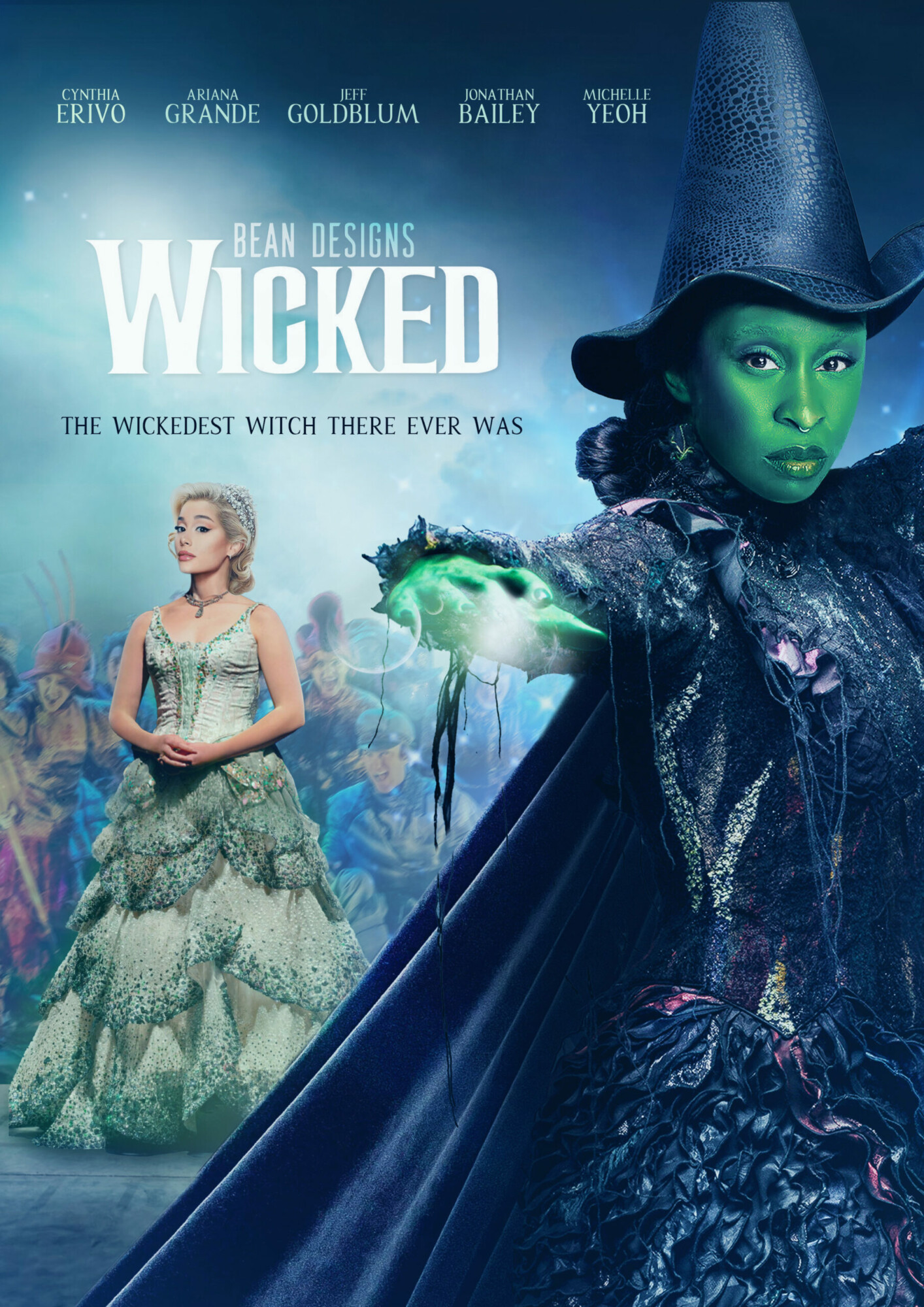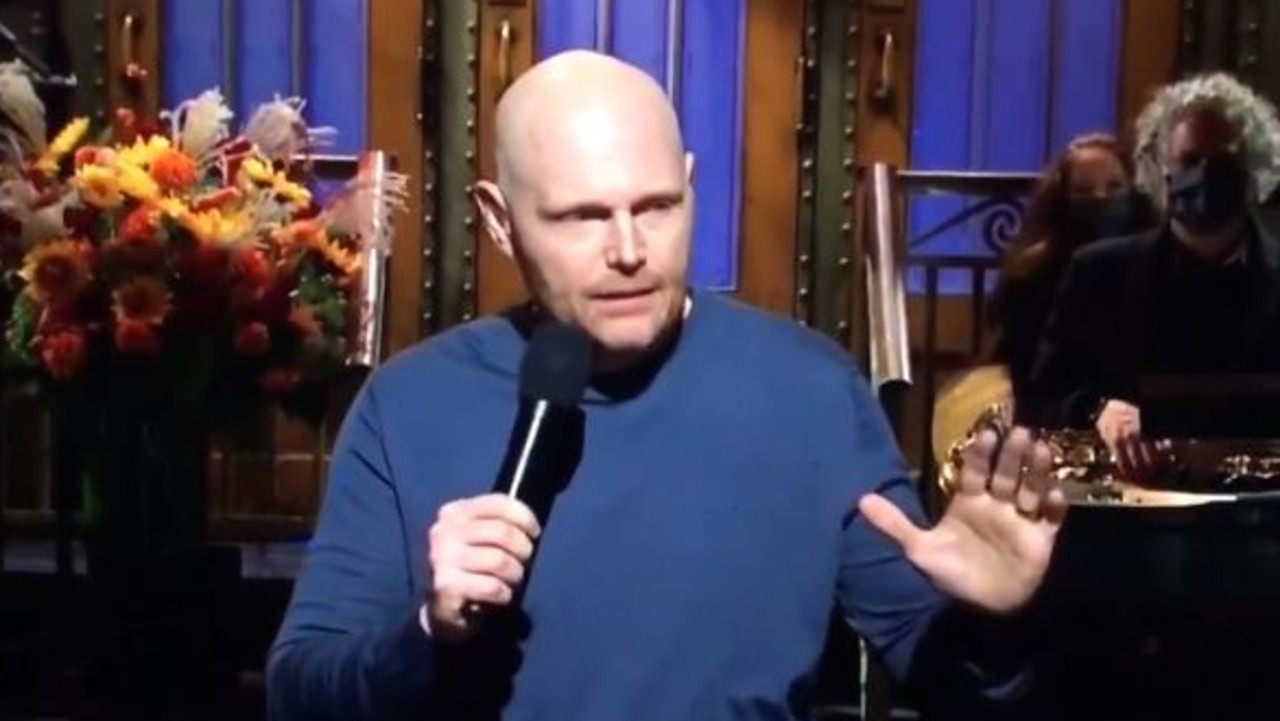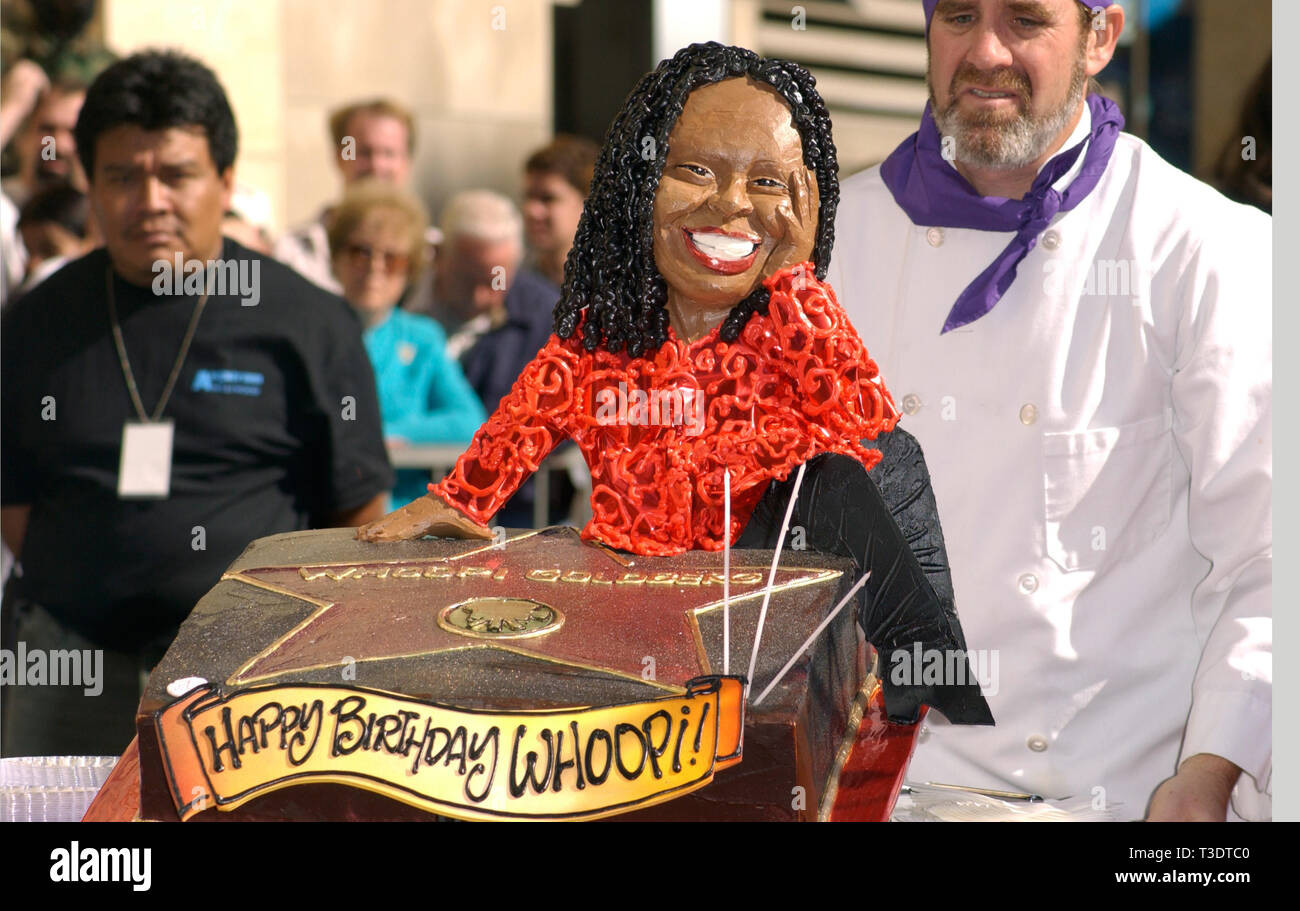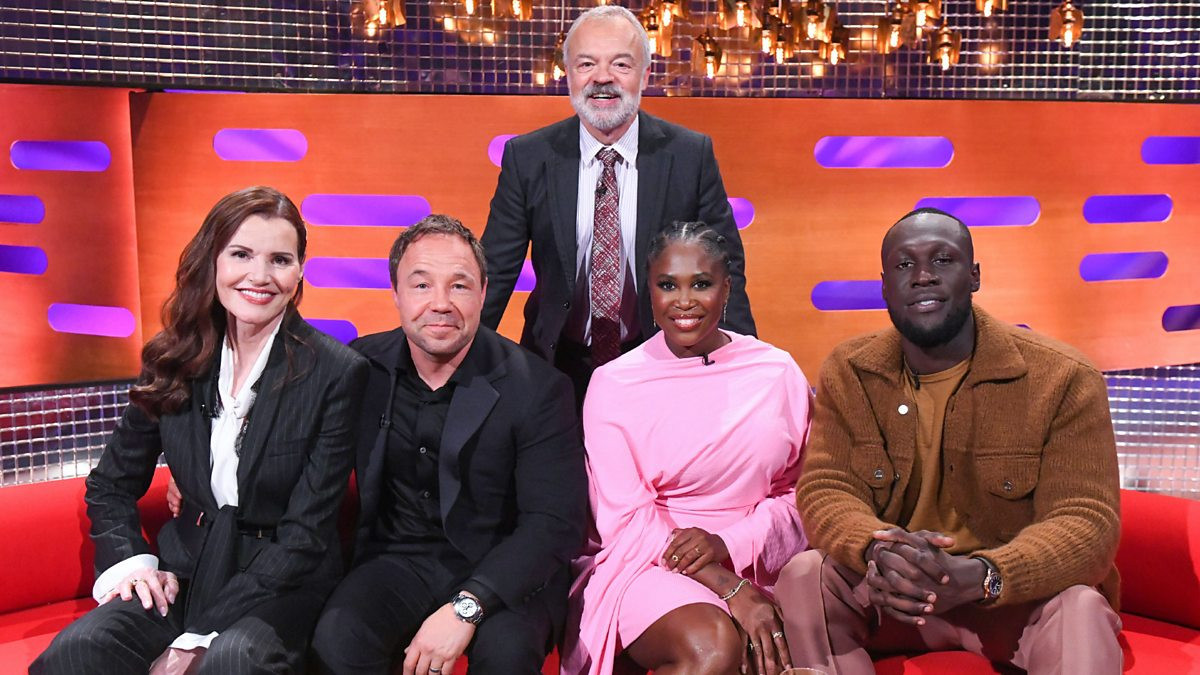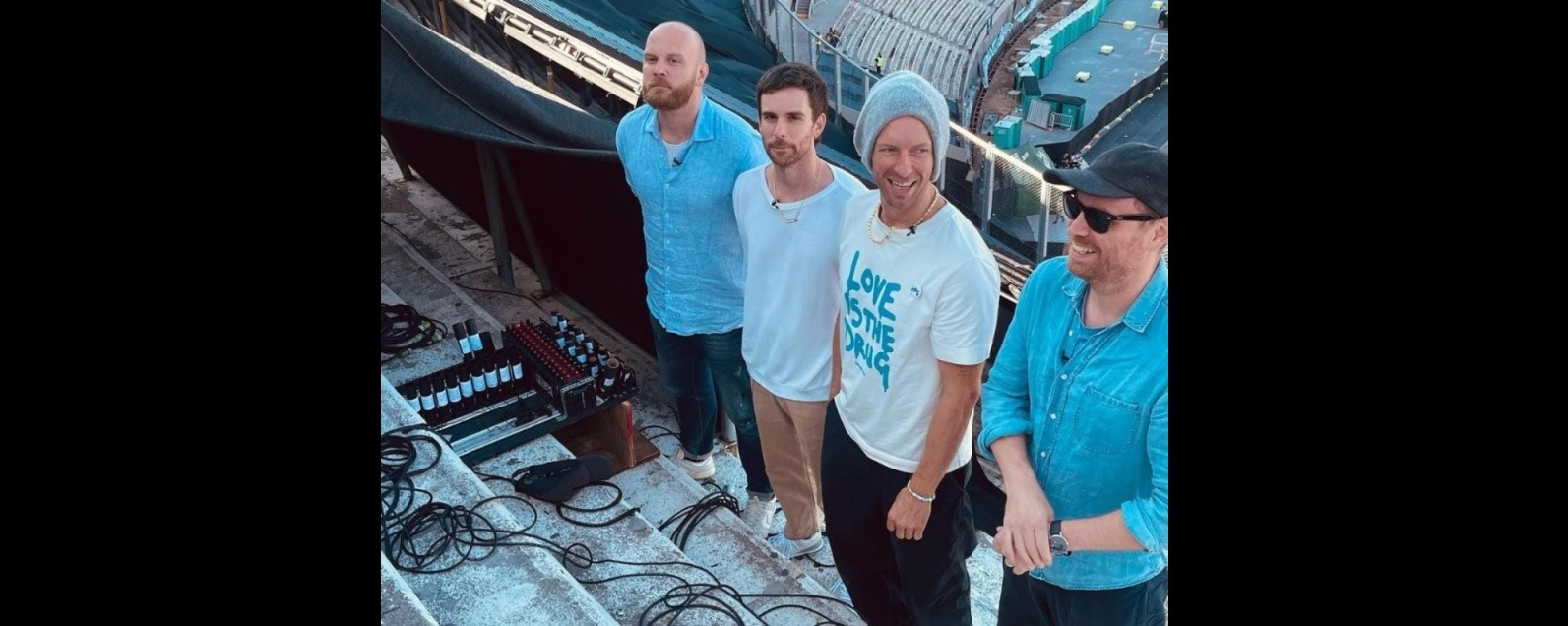Wicked: Part I - A Glimmer of Hope in the Darkness?
Some moviegoers are already referring to Gladiator II and Wicked as this year's Barbenheimer—I believe Glicked is the portmanteau of choice. Both these lavish spectacles are set to be huge hits, but unlike Barbie and Oppenheimer, they're essentially known quantities, rooted in stories and characters that the audience knows well. The highly anticipated film adaptation of the long-running Broadway musical, itself inspired by Gregory Maguire's 1995 novel, arrived in theaters, promising a dazzling spectacle and a captivating narrative. But does it deliver on its lofty promises?
A Maximalist Approach to Oz
Director Jon M. Chu, known for his vibrant visuals in films like In the Heights and Crazy Rich Asians, adopts a glossy maximalist approach to this origin story of Elphaba, the Wicked Witch of the West. Cynthia Erivo portrays Elphaba as brave, brilliant, and grievously misunderstood, primarily because of her green skin. The film, a two-hour-and-40-minute epic, is only Part I, with a year-long intermission before Part II.
Hogwarts with Munchkins
Much of the movie takes place at a school of sorcery—essentially Hogwarts with Munchkins—where Elphaba shines under the watchful eye of the powerful headmistress, played by an imperious Michelle Yeoh. Here, Elphaba forges a complicated relationship with the popular Galinda (Ariana Grande), who eventually becomes the Good Witch of the North. Their rivalry blossoms into a genuine friendship, marked by a makeover and a shared journey of self-discovery.
A Whimsical Beginning, a Lumbering Middle
Wicked handles the boarding-school comedy with a pleasingly light touch. The narrative also introduces a handsome prince, Jonathan Bailey, whose presence foreshadows future Wizard of Oz developments. Jeff Goldblum, cast as the Wizard, reveals himself to be less benevolent than he initially appears, laying the groundwork for Elphaba’s transformation into Oz's Public Enemy No. 1. The film builds to a gravity-defying Emerald City climax, but parts of the film feel lumbering, too obvious, and overly reliant on digital effects.
Gladiator II: A Colosseum of Contradictions
Sixteen years after the original, Gladiator II plunges us back into the world of Ancient Rome. Paul Mescal stars as Lucius, a warrior haunted by personal tragedy and consumed by a desire for revenge. His hatred extends beyond individuals, targeting the corrupt Roman Empire itself. Ridley Scott, the director, reunites with some key collaborators from the first film, including Connie Nielsen as Lucilla.
A Star-Studded Cast, Yet Unsatisfying Narrative
The cast boasts new talent: Pedro Pascal plays a formidable general, Joseph Quinn and Fred Hechinger portray twin-brother tyrants, and Denzel Washington delivers a scene-stealing performance as Macrinus. Washington’s over-the-top portrayal is typical of the film's overall approach—lots of flash, but limited substance. Mescal gives an intensely physical performance, but Lucius lacks the compelling sympathy of Maximus.
A Satisfying Smackdown, Interrupted by Civics
Despite its flaws, Gladiator II delivers satisfying action sequences. One particularly memorable scene transforms the Colosseum arena into a giant saltwater tank, complete with dueling warships and sharks. This utterly outlandish spectacle showcases Scott's unwavering commitment to grand cinematic vision, even at 86. The film occasionally pauses its relentless action for laborious discussions about the fall and rebirth of Rome, which distracts from the otherwise thrilling spectacle. However, in its most spectacular moments, Gladiator II undeniably provides entertainment that satisfies the audience's expectation of a grand spectacle.
The Verdict: A Mixed Bag of Magic and Mayhem
Both Wicked and Gladiator II demonstrate the power of spectacle in cinema, but neither quite transcends their inherent limitations. Wicked, while visually stunning and boasting incredible performances from its leads, suffers from a slightly uneven narrative pace and an overreliance on digital effects. Gladiator II, while featuring dazzling action and a strong cast, struggles to maintain narrative coherence and emotional depth. While both films achieve significant moments of success, they ultimately fall short of delivering a fully satisfying cinematic experience. They're big-budget films aiming for mainstream success and appeal, and in those respects, they partially succeed. Whether these films will define the fall box office in the same way Barbenheimer defined the summer remains to be seen. The future of Glicked is uncertain, but its debut indicates a potential for continued growth and success. However, these films highlight the challenge of translating beloved source material to the big screen while retaining their core essence and appeal for a broader audience. Ultimately, the viewer's enjoyment will depend on their individual tolerance for these films' respective strengths and shortcomings.




